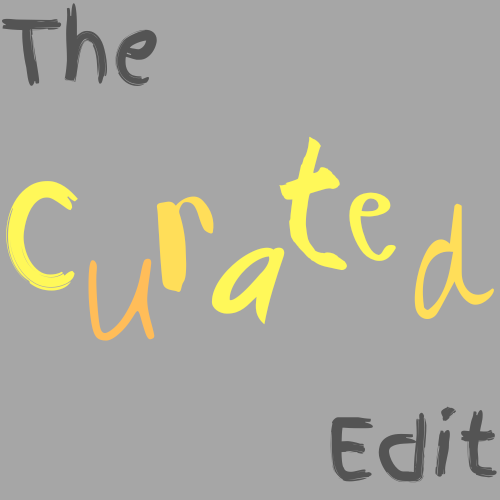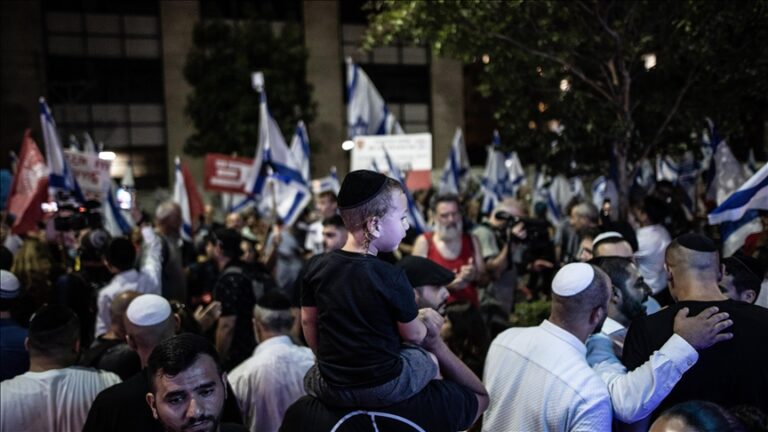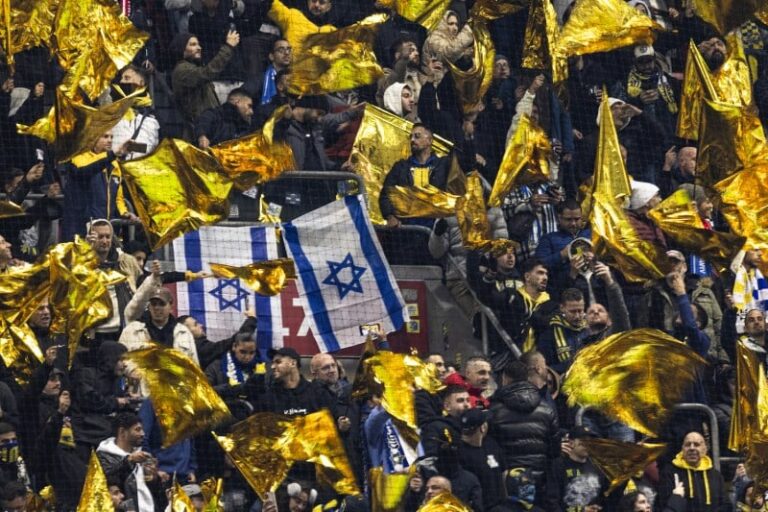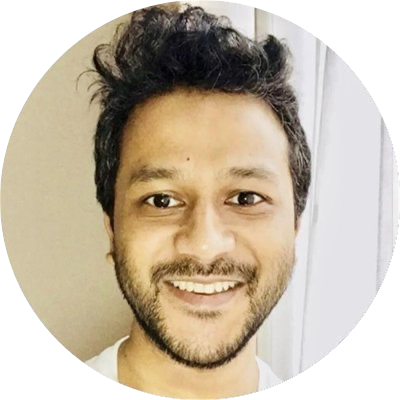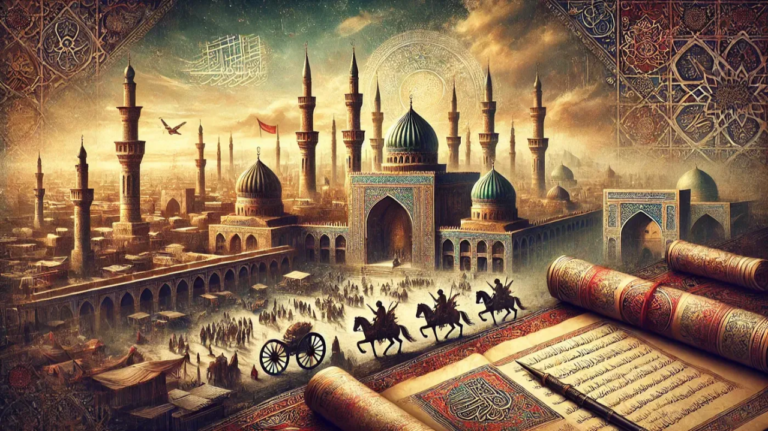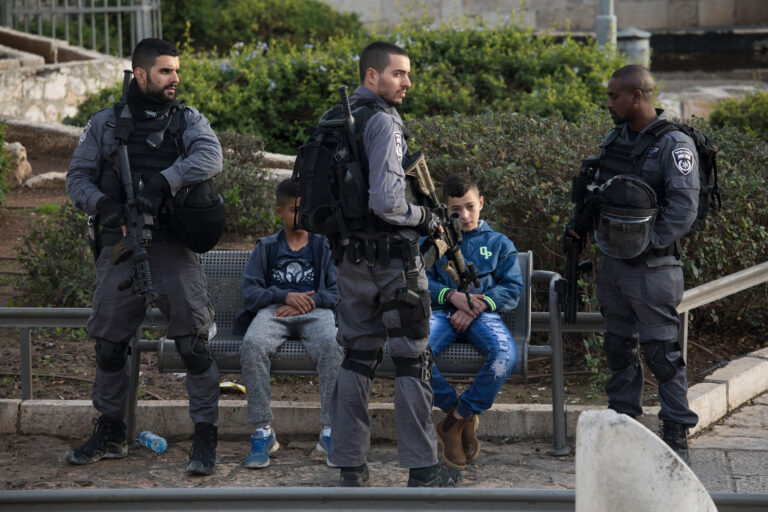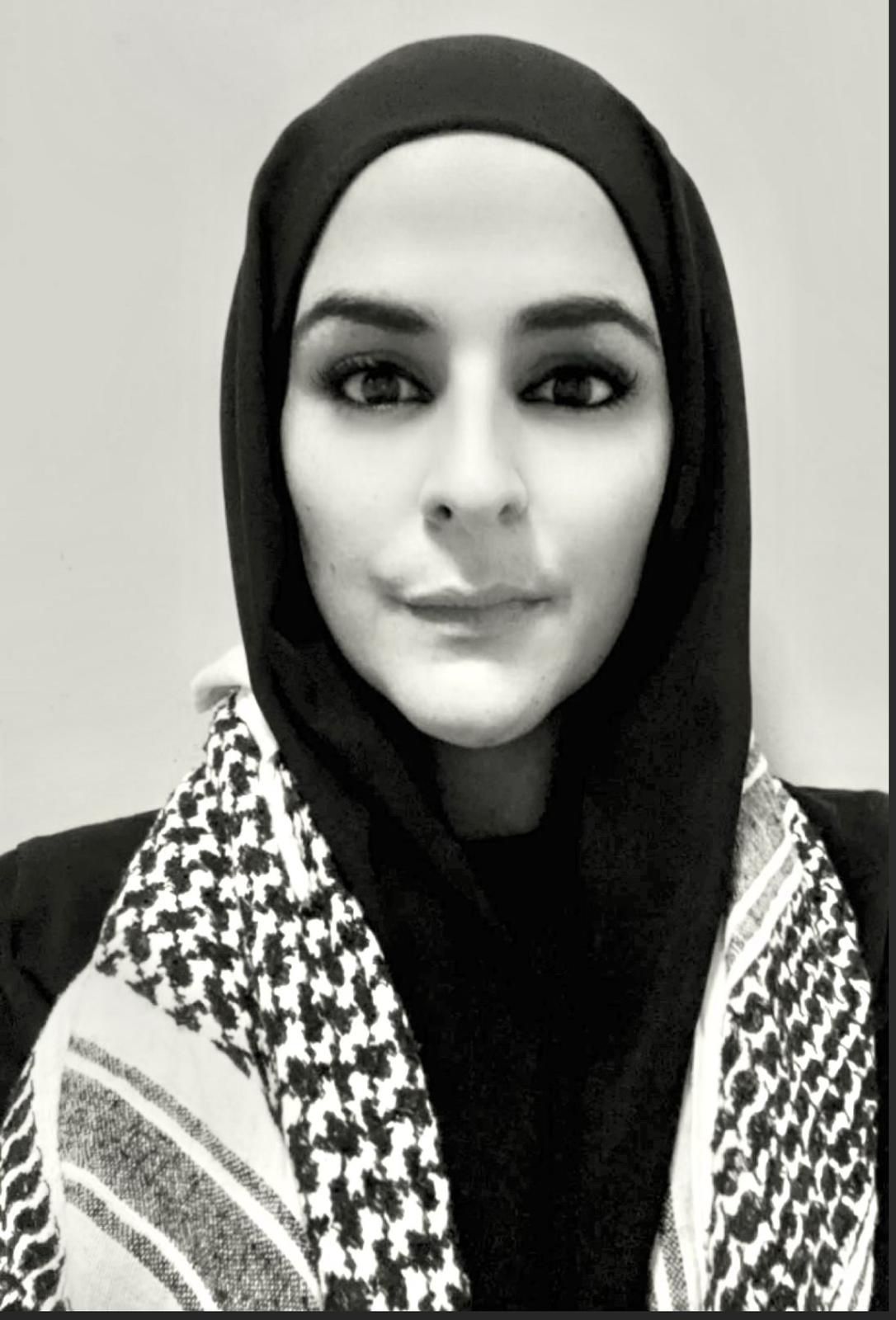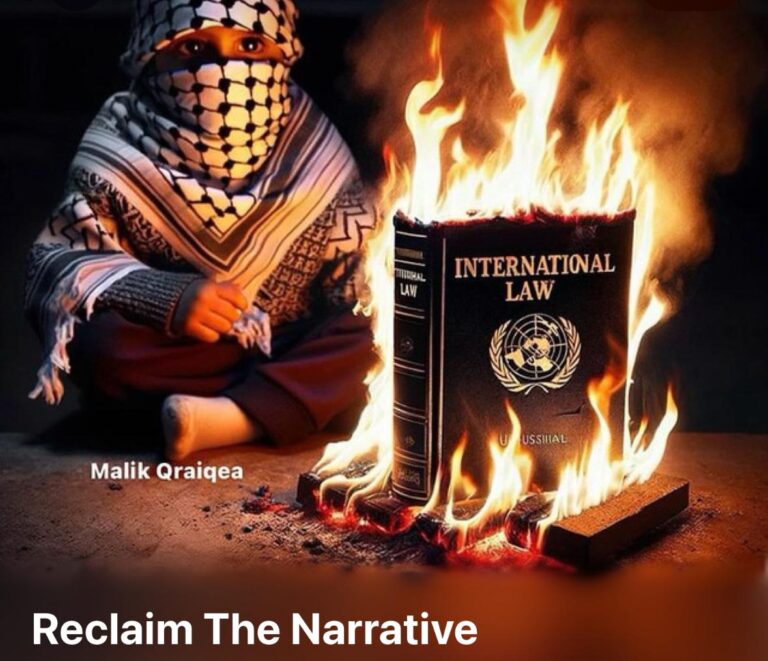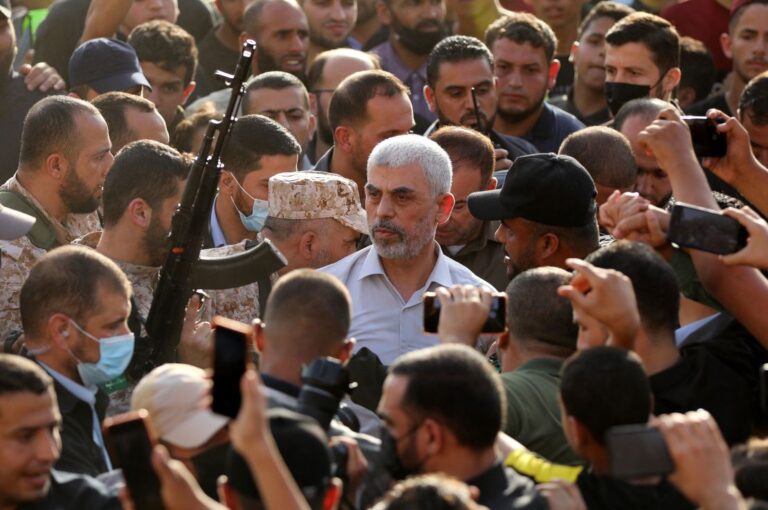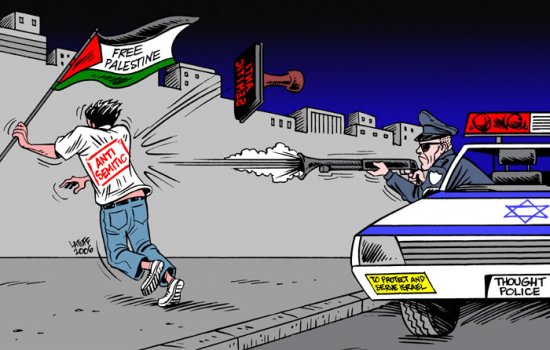Mahatma Gandhi was a central figure in liberating India from British colonial rule – but he most certainly was not the only one, and his peaceful protest principles had many limitations. (Gandhi outside Number 10 Downing Street, UK. Photo credit: AP)
The accusation from many Zionist and non-Zionists too is “where are the Palestinian Gandhis and Mandelas”.
The implication of that retort is if there were Palestinian figures like that then peace would have flourished by now.
The implied accusation is the Palestinians seek violent liberation and that is a hindrance to peace.
The problem is, in the Western media and history books there is a certain romanticism of pushing figures like Gandhi to the fore. To spin a narrative that says “they got rid of our colony through peaceful protests and means, and didn’t fight us out” – I get it that some want to push that narrative.
But the problem is, it is a fabricated false narrative. The reality is Indian liberation would not have happened without violent resistance against colonial rule. There were many prominent freedom fighters and groups (labelled terrorists by the British at the time) that led the charge against British colonial rule.
I list some of them here:
Bhagat Singh (1907–1931)
A revolutionary icon, Bhagat Singh was a key figure in the Indian independence movement. He was involved in acts of resistance against British rule, including the assassination of a British officer, and later inspired youth with his daring acts and martyrdom at the age of 23.
Rani Lakshmibai of Jhansi (1828–1858)
A key leader in the Indian Rebellion of 1857, Rani Lakshmibai became a symbol of resistance against British annexation. She fought valiantly to defend her kingdom of Jhansi and remains one of the most revered figures in India’s freedom struggle.
Subhas Chandra Bose (1897–1945)
Bose advocated for complete and immediate independence, often differing from Gandhi’s non-violent approach. He formed the Indian National Army (INA) and sought international alliances to fight the British, famously declaring “Give me blood, and I will give you freedom.”
South Africa had them too during apartheid:
Chris Hani
A prominent leader of both the ANC and the South African Communist Party (SACP), Hani played a crucial role in MK and supported the armed struggle against apartheid. He was known for his militancy and was a key figure in organizing guerrilla warfare against the apartheid government.
Steve Biko
Though Biko himself did not directly advocate for violent resistance, his Black Consciousness Movement (BCM) inspired a generation of young activists to resist apartheid by any means necessary. His ideas influenced groups like the Azanian People’s Organization (AZAPO), whose factions embraced violence for liberation as part of their strategy.
In fact, every liberation movement that has existed throughout history, has required violent resistance against their oppressors. This is a natural, objective equation – because the oppressor has the power, and those in power who oppress others have zero motivation to stop oppressing and relinquish their power.
Unfortunately, humankind is built in such a way that this suppression has to be physically broken away.
I hope one day they evolve into a species where these barbaric oppressors understand reasoning and humanity, which enables them to stop their oppression and control over other peoples without the need for force.
Evidently, we are not there yet.
And this is recognised by Article 51 of the UN Charter, where there are provisions for armed resistance against occupying powers.
